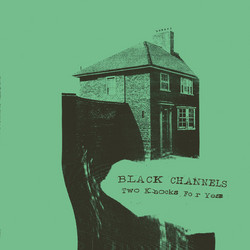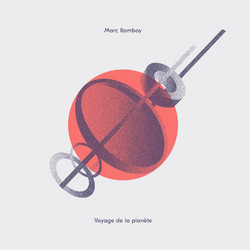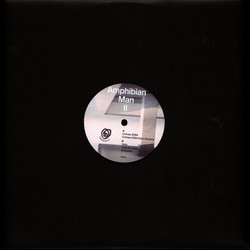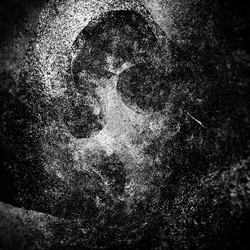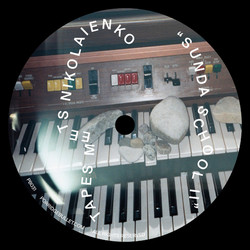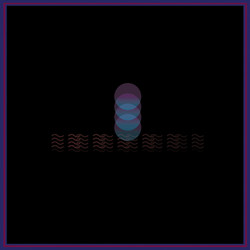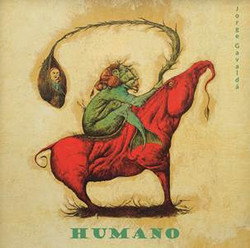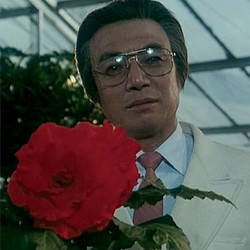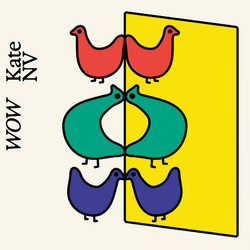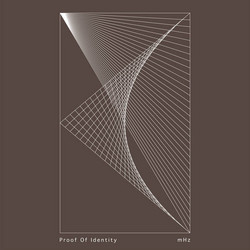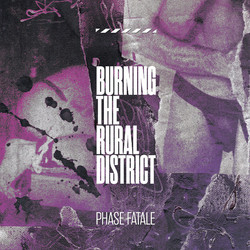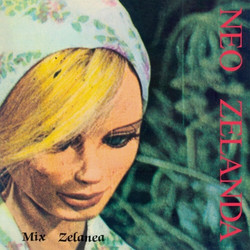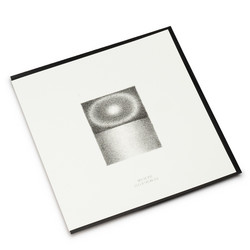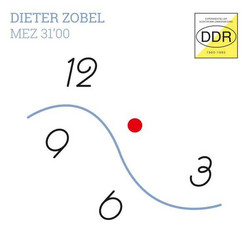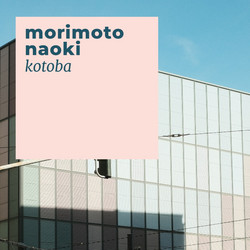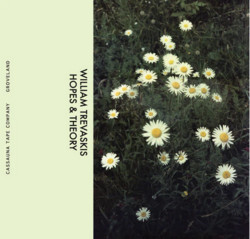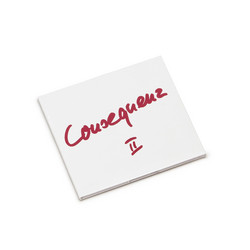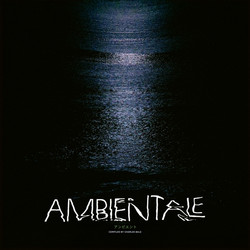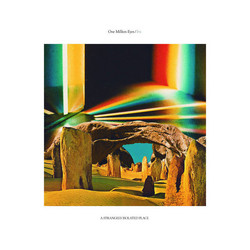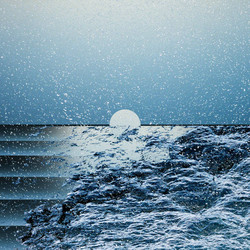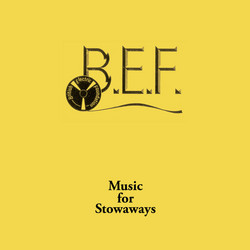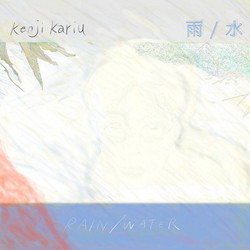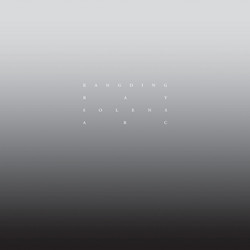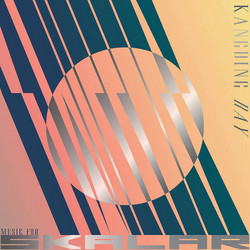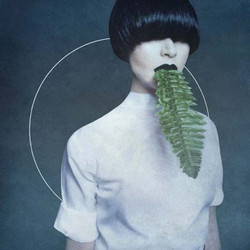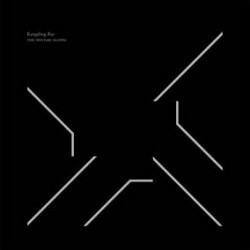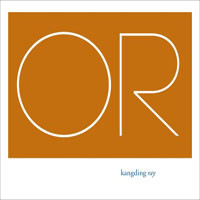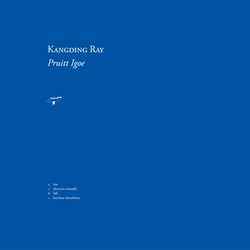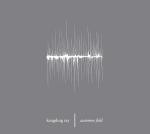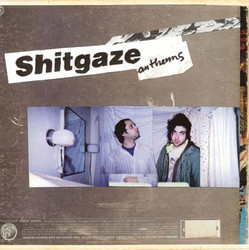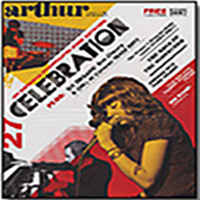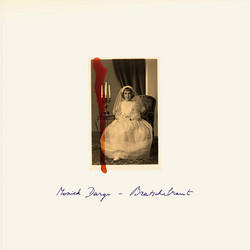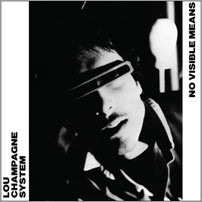In search for unseen colors beyond the visible spectrum, Kangding Ray explored the outer fringe of club music and came back with a set of prismatic sonic crystals.
David Letellier made his new album at a crossroads. In more recent years, the electronic artist—who started out making what you might call ambient music—had solidified his music into techno, a gleaming, abstracted version of the genre often referred to with terms like "high definition" and "architecture." His music is always precise and textured, sounding as if it was built in some sci-fi villain's hi-tech lab. The music on his ara label has brought him closer and closer to a kind of perfection, but as any artist will tell you, that pursuit can get boring after a while. So he embarked on three years of what he calls "sonic research into finding new directions to develop my music," moving "beyond techno." The result is closer to IDM in the broadest sense of the term: beautiful and unpredictable tracks sculpted out of dance music elements, but taking completely different forms.
What's most striking about Ultrachroma is its relative looseness: many of the tracks feature brittle, high-pitched string sounds whose melodies unfold with the casual motion of a guitar strum. On the ASMR-y highlight "Late Coral Glow," the lead melody wanders across the grid, as whispers in the peripheries try their best to get your hairs to stick up on end. This intimate textural touch is part of Ultrachroma's brilliance, like the growling bass on "Twilight Seven." It's dark, even mean, yet hardly aggressive, lurking like a bad feeling in the pit of your stomach. And the scuttling, creepy-crawly percussion on "Mauve Deepens" is insectoid, only adding to the unease of this brooding, ominous opener.
That last idea is key to the appeal of Lettelier's music, and especially Ultrachroma: this is sound design music with feeling. It's not so much a showroom as a kind of theater. This is also the rare techno-ish album where the ambient interludes are actually the most memorable: "Neo Rouge" might be shy of two minutes, but its rich, almost baroque bell tones are haunting. It leads nicely into the Arovane-esque "Pearls + Lichens," where a tunneling bassline grumbles beneath ornate charms, a beatless wonder of a techno track.
If you're looking for techno, you'll find it near the end with "Antiblau," whose juddering drums and gorgeously sleek synths—like alien technology—remind us that Letellier can make breathtaking dance music when he wants to. Everything about it, including the shuffly broken beat, feels right, an intuition for this kind of leftfield dance music that comes naturally to Letellier. But it's when he loosens his hand and lets the melodies come out in splatters and spurts, when the rhythms aren't quite so rigid, that Ultrachroma really excels. With each new record Letellier finds some even shinier surface or weirder rhythm, approaching techno like three-dimensional sculpture. On Ultrachroma he finally breaks free of expectations to make something that really sounds like the future—new forms we haven't fully come to understand yet. (ResidentAdvisor)

